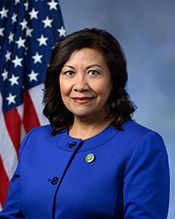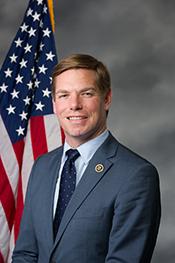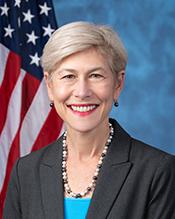0
National Wildland Fire Risk Reduction Program Act
3/9/2023, 5:47 PM
Summary of Bill HR 5781
The bill outlines several key provisions, including the creation of a National Wildland Fire Risk Reduction Program within the Department of the Interior. This program would be responsible for coordinating efforts to reduce the risk of wildland fires through activities such as fuel reduction, prescribed burns, and community outreach.
Additionally, the bill calls for the development of a national strategy for wildland fire risk reduction, which would involve input from federal, state, tribal, and local stakeholders. This strategy would outline goals, priorities, and funding needs for reducing the risk of wildland fires across the country. Furthermore, the bill includes provisions for increasing funding for wildland fire risk reduction activities, as well as for providing technical assistance to states and local communities in implementing risk reduction measures. Overall, the National Wildland Fire Risk Reduction Program Act aims to address the growing threat of wildland fires in the United States by establishing a coordinated national strategy for reducing the risk of these fires. If passed, this bill could have a significant impact on efforts to protect communities and natural resources from the devastating effects of wildland fires.
Congressional Summary of HR 5781
National Wildland Fire Risk Reduction Program Act
This bill directs the President to establish a National Wildland Fire Risk Reduction Program to achieve major measurable reductions in the losses of life and property from wildland fires.
This program shall coordinate federal efforts to
- improve the assessment of fire environments and the understanding and prediction of wildland fires, associated smoke, and their impacts;
- develop and encourage the adoption of science-based and cost-effective measures to prevent and mitigate wildland fire and associated smoke impacts; and
- improve the understanding and mitigation of the impacts of climate change and variability on wildland fire risk, frequency, and severity and inform the other goals described here.
Not later than 90 days after enactment of this bill, the Office of Science and Technology Policy shall establish an Interagency Coordinating Committee on Wildland Fire Risk Reduction to oversee the planning, management, and coordination of the program. The committee shall submit a strategic plan for the program to Congress.
The Government Accountability Office shall submit a report to Congress on the progress and performance of the program.
Further, the bill sets forth the responsibilities of the National Institute of Standards and Technology, National Science Foundation, National Oceanic and Atmospheric Administration, Federal Emergency Management Agency, National Aeronautics and Space Administration, Environmental Protection Agency, and Department of Energy with respect to the program.





